Don Cohen, Managing Editor To accomplish its mission of developing new launch vehicles and manned spacecraft, NASA must excel at learning. We need to learn lessons from the extraordinary technical advances that culminated in the moon landings of the sixties.
34
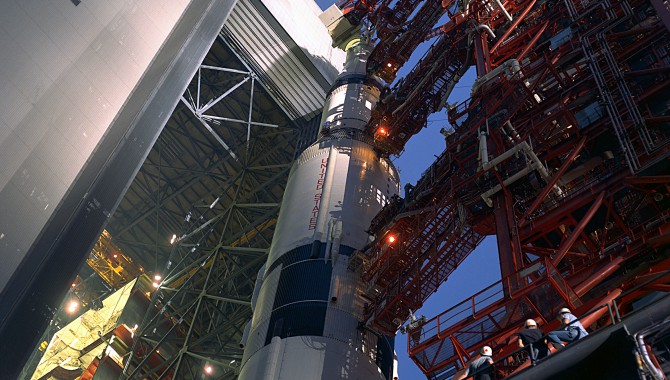
By Gene Meieran Almost forty years ago, when I worked for Fairchild Semiconductor, I received an unusual telephone call from Andy Procassini, head of Fairchild Quality Assurance.

By Matthew Kohut The opportunity to build a new launch vehicle that can loft humans into space does not come along often.
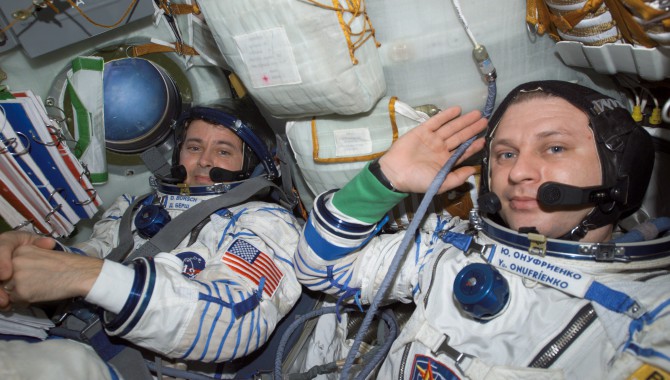
By Alan Thirkettle From the 1970s until the end of the twentieth century, the European Space Agency (ESA) and NASA cooperated on a range of human space flight programs.
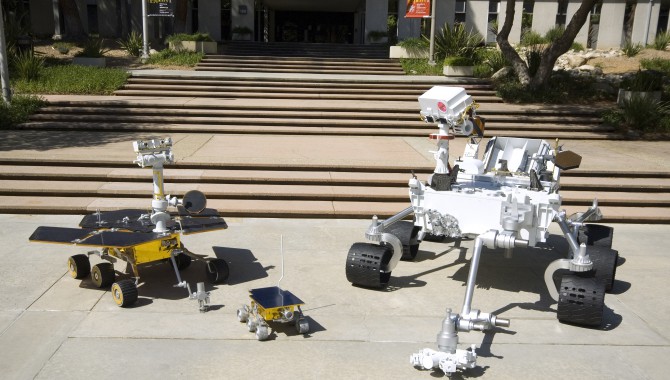
By Ashwin R. Vasavada NASA’s robotic exploration of Mars represents, perhaps more than any other human endeavor, both a scientific and an engineering achievement.
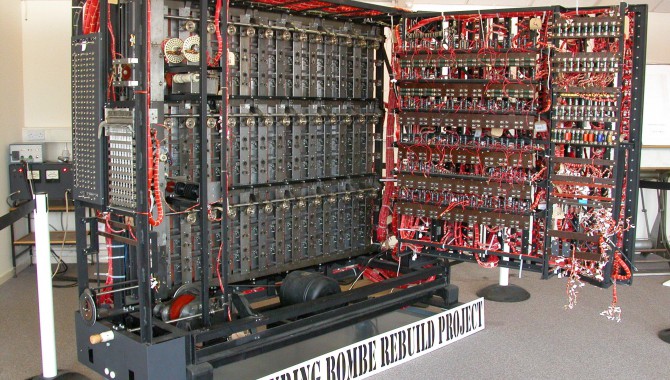
By John Emond You may wonder what on Earth World War II code has to do with NASA in the twenty-first century. It’s a fair question.
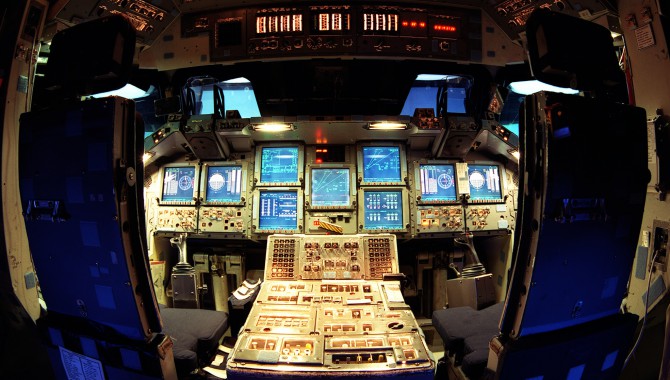
By John O’Neill Personnel at the Mission Operations Directorate at the Johnson Space Center are the final integrators of the planning and execution steps that must occur to get from mission definition and design to flight.
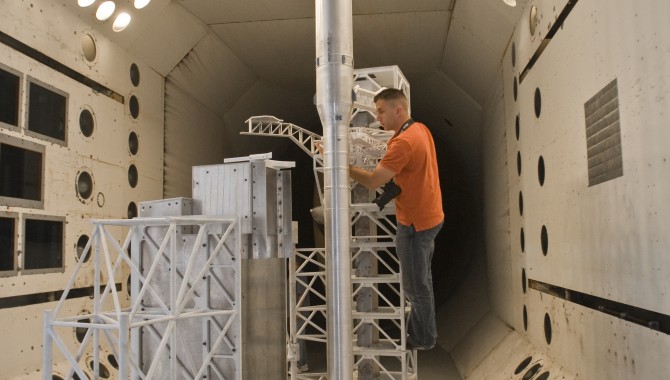
By Jim Hodges In 2006, when the staff of the Aeroelasticity Branch at NASA’s Langley Research Center learned that it would test ground wind loads for the Ares I-X launch test vehicle, Donald Keller and Thomas Ivanco went in search of history.
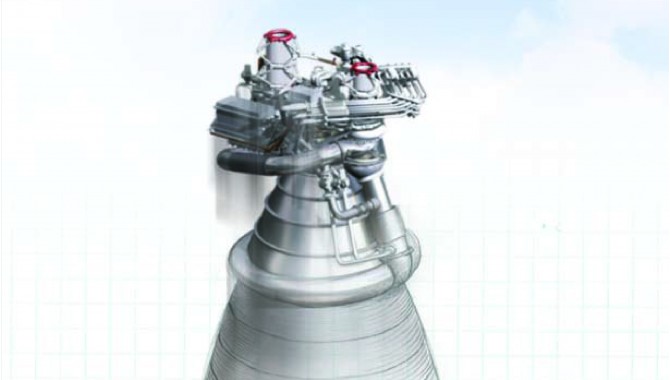
By Dave Lengyel As NASA undertakes ambitious new programs with a new generation of engineers and managers, it is more important than ever to make sure that valuable experienced-based knowledge gets passed from project to project and from an older generation to a new one.





